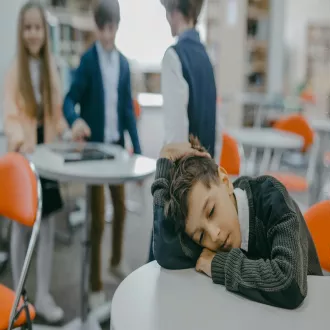Transcription Implications of the family in education
The Central Role of the Family in Education
The family is the factor that has the greatest impact on the educational, cultural, and emotional development of children throughout their lives.
For this fundamental reason, the family has the need, the right, and the duty to actively participate in the educational process of their children.
This active participation aims to complement, help, reinforce, and cooperate closely with the educational team.
The family, as the first nucleus of socialization, has a preponderant role in forming a positive attitude toward educational processes.
Generally, the most important values a child learns come from home, and at school, teachers are responsible for reinforcing them.
The Consequences of Lack of Participation
A child who has family problems or whose parents are not very involved in their educational process will undoubtedly be affected at school.
This effect will manifest both in their academic performance and in their general behavior within the classroom environment.
Sometimes, parents may think that their children have learning problems, when in reality the problem lies elsewhere.
Many times, the teacher realizes that the child has an adequate learning capacity, but lacks study habits and motivation.
The Family's Attitude Toward Learning
Often, the true root of the problem is the lack of supervision that the family exercises over the child's learning process at home.
When parents ignore the educational process, they are leaving the child without the scaffolding and support necessary to be successful.
The family's attitude toward studying and school is a factor that powerfully influences the development of their children.
This is why one of the main tasks of the educational psychologist is to be able to guide and advise the fami
implications of the family in education




